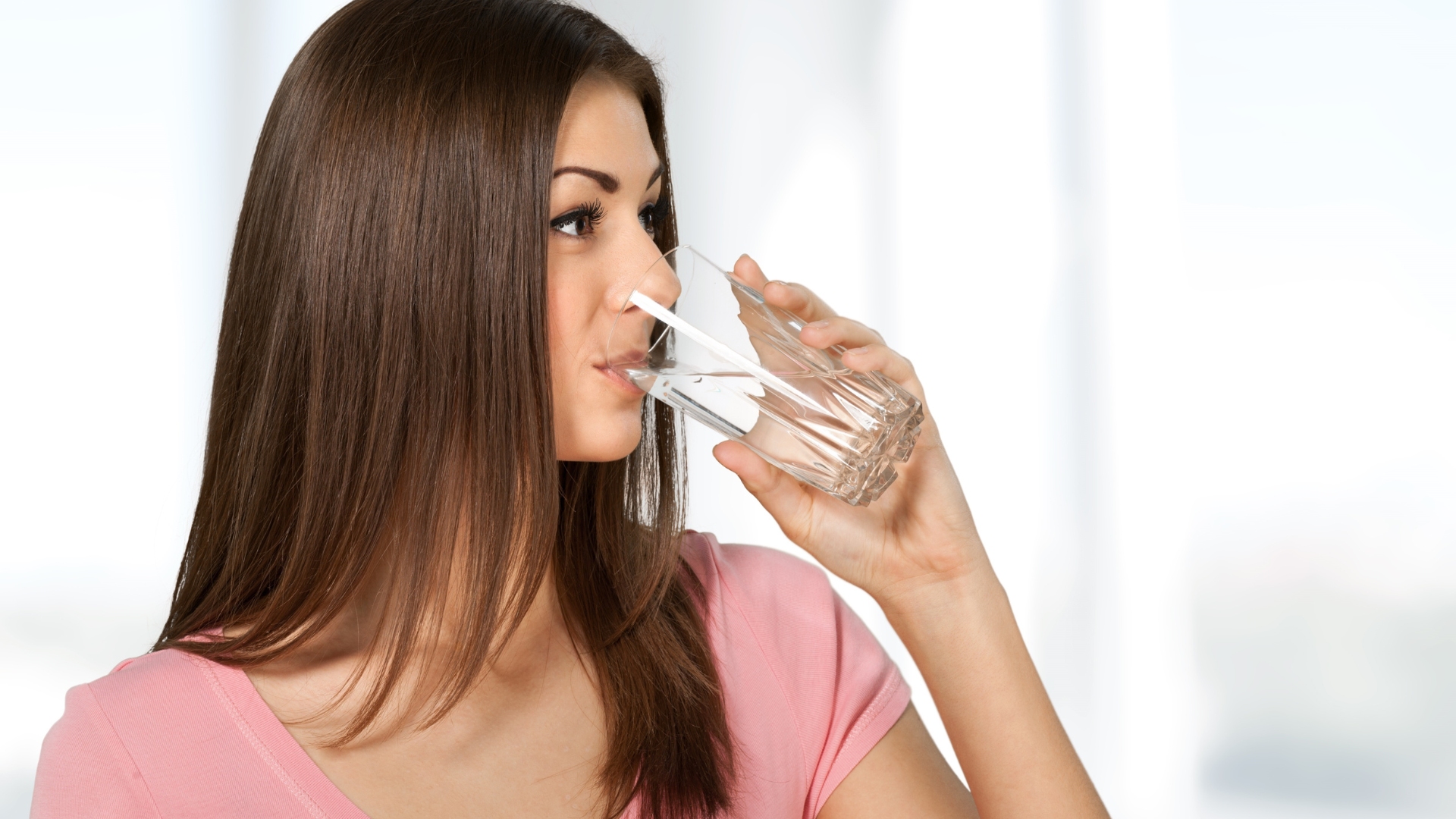
Table of Contents
- Introduction: Why Water Intake Matters
- General Guidelines for Daily Water Intake
- Factors That Affect How Much Water You Need
- Health Benefits of Drinking Enough Water
- Signs You’re Not Drinking Enough
- Can You Drink Too Much Water?
- Practical Tips to Stay Hydrated
- Special Considerations (Children, Elderly, Pregnant Women)
- Final Thoughts
Introduction: Why Water Intake Matters
Water is essential for life. It makes up around 60% of the human body and plays a role in nearly every function, from regulating temperature to aiding digestion. But the question remains—how much water should you drink each day?
General Guidelines for Daily Water Intake
The commonly cited “8×8 rule” recommends eight 8-ounce glasses (about 2 liters) of water per day. However, health experts often suggest that:
Men need about 3.7 liters (15.5 cups) daily from all fluids and foods.
Women need about 2.7 liters (11.5 cups) daily from all fluids and foods.
Factors That Affect How Much Water You Need
Your hydration needs vary depending on:
– Climate: Hot or humid weather increases water loss.
– Activity level: Exercise or physical work raises fluid needs.
– Health status: Fever, vomiting, or diarrhea increase water requirements.
– Diet: Salty, spicy, or high-protein foods can increase thirst.
Health Benefits of Drinking Enough Water
– Maintains energy levels and prevents fatigue
– Improves concentration and brain function
– Supports digestion and prevents constipation
– Keeps skin hydrated and glowing
– Aids weight management by reducing overeating
– Helps regulate body temperature
Signs You’re Not Drinking Enough
– Dark yellow urine
– Dry mouth and lips
– Headaches or dizziness
– Fatigue and lack of focus
– Decreased urination
Can You Drink Too Much Water?
Yes. Overhydration, or water intoxication, can occur if you drink excessive amounts in a short time, diluting sodium levels in your blood. This condition, called hyponatremia, can be dangerous but is rare.
Practical Tips to Stay Hydrated
– Carry a reusable water bottle with you
– Set reminders to drink water throughout the day
– Flavor your water with lemon or cucumber if plain water feels boring
– Eat water-rich foods like watermelon, cucumbers, and oranges
– Drink before, during, and after exercise
Special Considerations (Children, Elderly, Pregnant Women)
– Children: Need smaller amounts, adjusted for age and size.
– Elderly: Often drink less due to reduced thirst signals—reminders are important.
– Pregnant and breastfeeding women: Require more fluids to support maternal health and milk production.
Final Thoughts
There’s no one-size-fits-all answer to daily water intake. The right amount depends on your body, lifestyle, and environment. Listening to your thirst and checking urine color (light yellow is ideal) are simple ways to know if you’re hydrated. Aim for balance, not excess, and make hydration part of your healthy routine.


